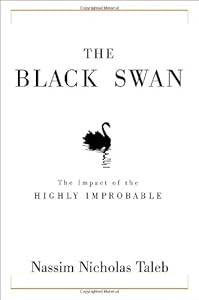Canada ratified the United Nations Convention on the Rights of the Child in 1991. Recently, a lot of attention has been placed on the Convention’s concept of “the voice of the child” and the right of a child to be heard in cases like custody disputes.
Article 12 of the Convention is of particular interest:
1. [countries]…. shall assure to the child who is capable of forming his or her own views the right to express those views freely in all matters affecting the child, the views of the child being given due weight in accordance with the age and maturity of the child.
2. For this purpose, the child shall in particular be provided the opportunity to be heard in any judicial and administrative proceedings affecting the child, either directly, or through a representative or an appropriate body, in a manner consistent with the procedural rules of national law.
A lot of lawyers have taken the Convention to be consistent with the Children’s Law Reform Act (“CLRA”). Section 24 of that Act requires the court, when assessing the best interests of a child in a custody dispute, to consider all the child’s needs and circumstances, including “the child’s views and preferences, if they can reasonably be ascertained”.
More recently, in the case of Bhajan v. Bhajan, the Court of Appeal has considered the issue of whether a court can give meaning to the right of the child to be heard by requiring the appointment of the Office of the Children’s Lawyer (“OCL”), even when the OCL declines to act. In that case, the Court of Appeal held that judge’s should respect the OCL’s legislative framework, which permits the OCL to decline to act.
In the recent case of G. (B.J.) v. G. (D.L.), Justice Martinson of the Yukon Territory Supreme Court considered whether judges interviewing children was an appropriate way of having a child’s views heard. Justice Martinson noted:
“More than just lip service must be paid to children’s legal rights to be heard. Because of the importance of children’s participation to the quality of the decision and to their short and long term best interests, the participation must be meaningful; children should:
1. be informed, at the beginning of the process, of their legal rights to be heard;
2. be given the opportunity to fully participate early and throughout the process, including being involved in judicial family case conferences, settlement conferences, and court hearings or trials;
3. have a say in the manner in which they participate so that they do so in a way that works effectively for them;
4. have their views considered in a substantive way; and
5. be informed of both the result reached and the way in which their views have been taken into account.”
Will Ontario courts follow suit?
The shift towards allowing children greater participation in disputes impacting on them, such as custody disputes, has greatly evolved over the past decade. The trend is towards making the child’s right to be heard more meaningful, to the point where judges are considering the appropriateness of interviewing children — a rarity in the past.
Certainly, if judges are to respect the OCL’s power to decline involvement in a case (as directed by the Court of Appeal), conducting a judicial interview of a child may be the most appropriate method of hearing a child’s views.



